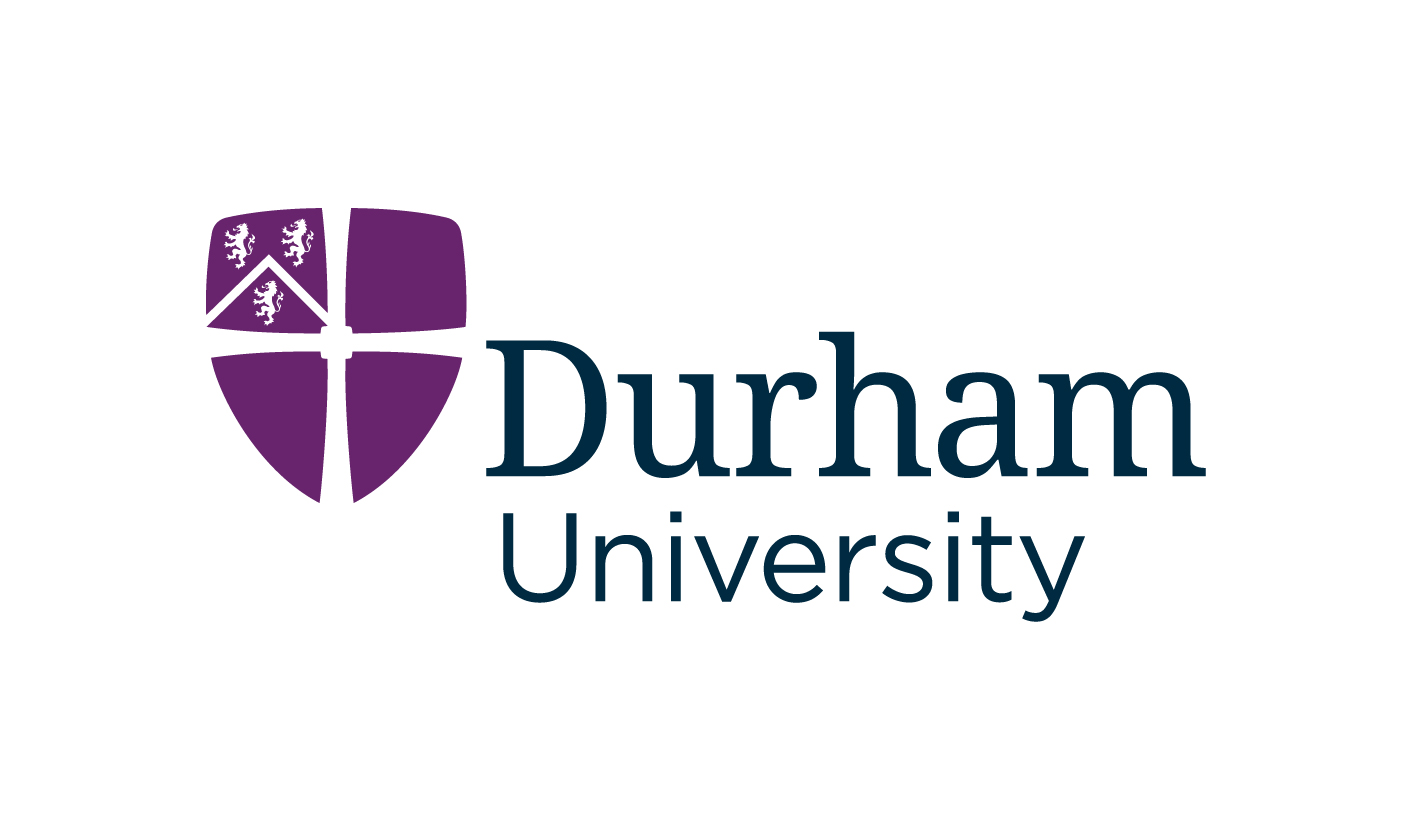Durham University
Durham University is a university and book publisher. It is located in Durham, the United Kingdom. It was founded in 1832 and has 21,390 students. It is globally ranked #354. They published 12 books in our database by 12 different authors between 1956 and 2017.
Key facts
- country: United Kingdom
- city: Durham
- total students: 21,390 people
- ranking: #354
- foundation year: 1832
- number of books published: 12
- authors: 12 people
- publication period covered: 1956 - 2017
Location on a map: 54°76′N, -1°56′W

© Durham University - Explore more images
Extract data
Download datasets about Durham University:
Dataset of books published by Durham University:
Durham University is one of the universities in Durham, universities in the United Kingdom, 2,021 universities and 168,983 book publishers in our database.
Visualize data
Get charts or maps on Durham University:
Distribution of books by Durham University by publication date
Description
- Durham is a globally outstanding centre of research, teaching and learning excellence, a collegiate community of extraordinary people, in a unique and historic setting – a university like no other. As England’s third oldest university, with its 200th anniversary approaching in 2032, Durham conducts innovative and impactful research to transform lives and make a difference, globally and locally: research to empower and inspire. Among Durham’s scientists, social scientists, business, arts and humanities scholars are some of the world’s leading authorities in their field. From child development to the future of the planet; from the fundamentals of life to seeing further into space and time than ever before; Durham is shaping the world, from the intimate to the infinite. With over 330 undergraduate and postgraduate programmes across four faculties, Durham is a world top 100 university, with 12 subjects ranked in the world top 50 and 19 in the world top 100. Its academic community conducts forward-thinking, interdisciplinary research that harnesses disciplines and has impact on communities all over the world. Durham nurtures world-leading and world-changing scientific research across diverse fields, including: surface chemistry; plant and soil science; hazard and risk, including natural hazards and infrastructure; and physics – including computational cosmology and particle physics. Dedicated to pursuing social justice, Durham undertakes fearless research that leads to policy and societal change and reform. It is home to leading voices in the investigation of violence and abuse, climatology and urban sustainability, anthropology, and archaeology, including the protection of heritage in the face of humanitarian or environmental crisis. Arts and Humanities at Durham is among the top 50 in the world. It is characterised by a commitment to global reach and historic depth, combining tradition and innovation to yield outstanding success across departments. From classics to contemporary literature, from African history to Iberian and Latin American art, from Chinese culture to Catholic studies, from medieval libraries to machine learning and artificial intelligence, Durham’s transformative approach incorporates medical, digital and environmental humanities, and path-breaking research in culture, creativity and heritage. Durham has a triple-accredited business school, and one of the longest established in the UK. Its business scholars are transforming understanding of leadership, accountability, sustainability, supply chains, financial inclusion, financial technologies, banking, economic theory and environmental economics. Durham is now recognised as one of the world’s leading universities for taking action to address the most pressing environmental, social and governance challenges facing society today. It has committed to achieving net zero carbon by 2035 and biodiversity net gain by 2032; and frequently produces academic research that advances understanding, tackling and mitigating climate change – from energy systems to hydrogen development; carbon capture and storage to environmental justice. International collaboration is prized at Durham, as being central to enhancing global knowledge and citizenship. The university has partnerships with the Palace Museum in Beijing and the African Research Universities Alliance, as well as being a member of the Matariki Network of Universities, the RENKEI consortium, the University of the Arctic, and the prestigious Russell Group of leading UK research-intensive universities. Based in a small, historic city in North East England, Durham is home to a thriving global community, with over 21,500 students from around 120 countries across the world. They, and the university’s diverse staff body, work and learn close to or within the UNESCO World Heritage Site of Durham Castle and Cathedral, as well as enjoying access to a thriving cultural scene, sports and wellbeing facilities, libraries, welfare and advice services, and stunning countryside. One of Durham’s greatest assets is its collegiate system. All Durham students are members of one the 17 residential colleges. College communities are at the heart of the Durham experience, each offering a diverse, multidisciplinary community of academics, students and staff from different backgrounds and cultures. Durham believes that inspiring people to extraordinary things at Durham enables Durham people to do outstanding things in the world. Durham offers the inspiration, they achieve the outstanding.
This dashboard is based on data from: The Center for World University Rankings, Shanghai University Ranking, The British Library.
This content is available under the CC BY 4.0 license.